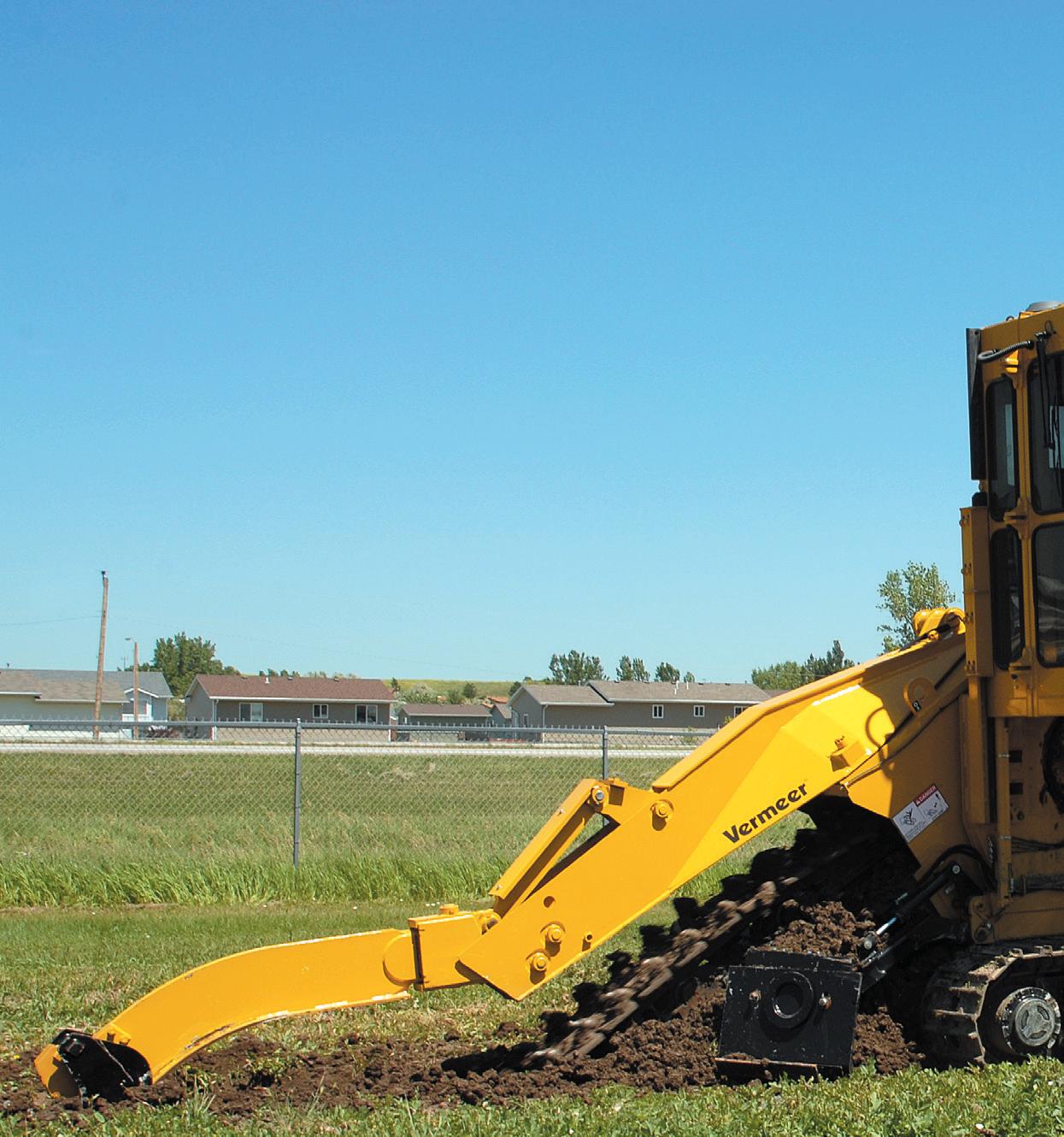TRAINING AND SKILLS
EPIC OPPORTUNITIES IN RAIL FOR REFUGEE ENGINEERS The Level Crossing Removal Project has created a new program providing job opportunities for engineers from refugee or disadvantaged backgrounds. The Engineering Pathways Industry Cadetship (EPIC) will not only provide support for highly skilled workers needing more local experience, but also help fill current gaps in workforce capability.
W
ith a once-in-a-generation infrastructure build underway in Victoria, the next two decades will see state-shaping infrastructure projects that will have positive and long-term benefits for all Victorians. These projects will stimulate economic growth, create jobs and ensure Victorian communities maintain a high standard of living. However, without a well-trained and highly skilled workforce, the infrastructure vision for Victoria will not be possible. The Training for the Future initiative led by Level Crossing Removal Project (LXRP) is providing programs that do just that. Training for the Future has been developed to respond to modern-day rail industry skill needs. It prepares and provides the necessary workforce to deliver an unprecedented amount of work on our rail networks. Using best practice, this program delivers a new generation of rail talent for Victoria. It also offers opportunities to re-skill people with relevant experience from industries in decline, as well as training people from refugee and disadvantaged communities. DIVERSE BACKGROUNDS HELPING TO SUPPORT DEMAND One of the program’s key initiatives has seen the creation of the Engineering Pathways Industry Cadetship, known as the EPIC program, as a response to the industry’s ongoing demand for entry level site engineers. Angela Brown, Manager, Industry Capability and Development at LXRP and one of the developers of the EPIC program, said EPIC finds and recruits qualified engineers from diverse backgrounds and assists them to start a career in major transport infrastructure projects.
56






















